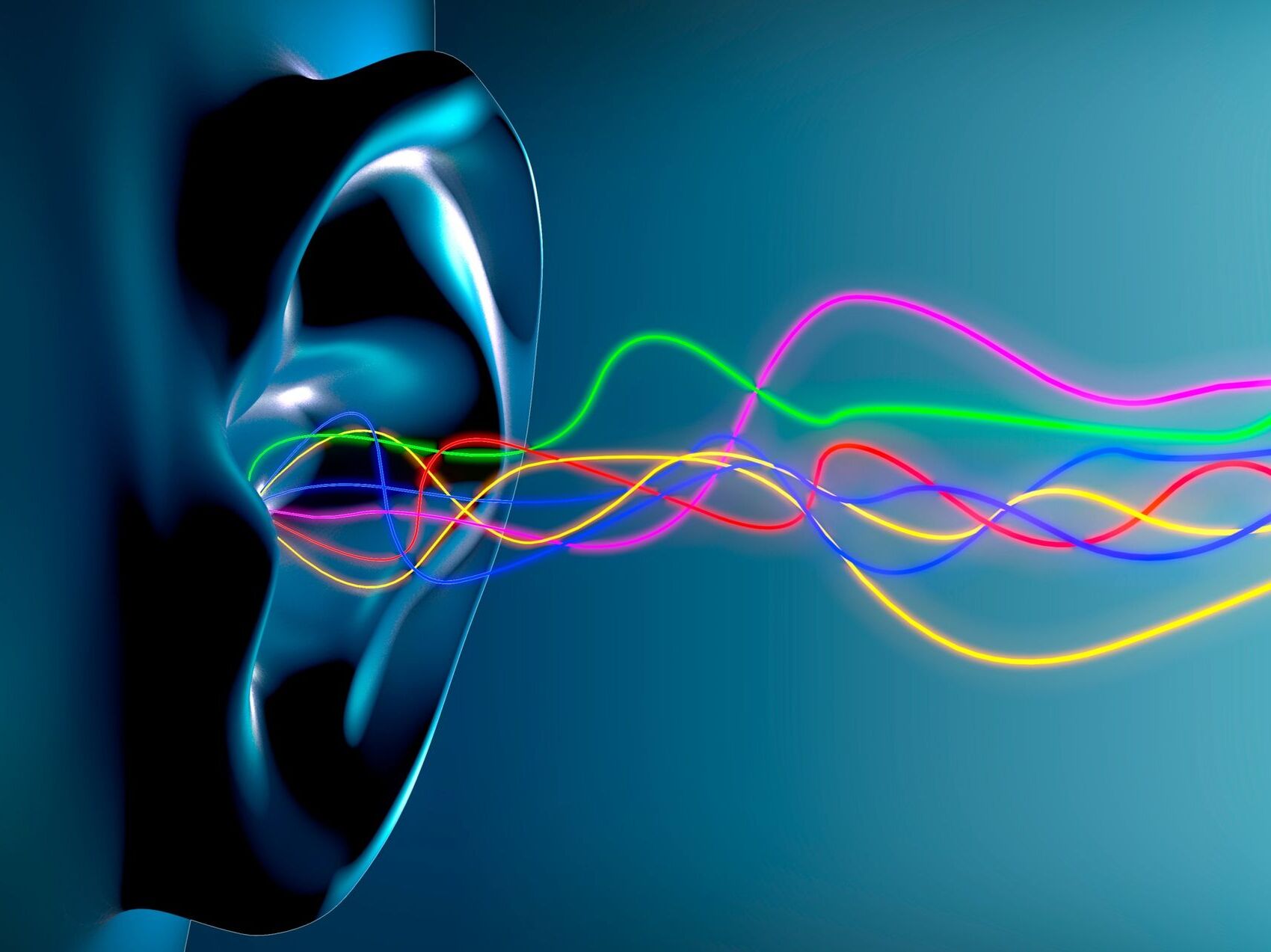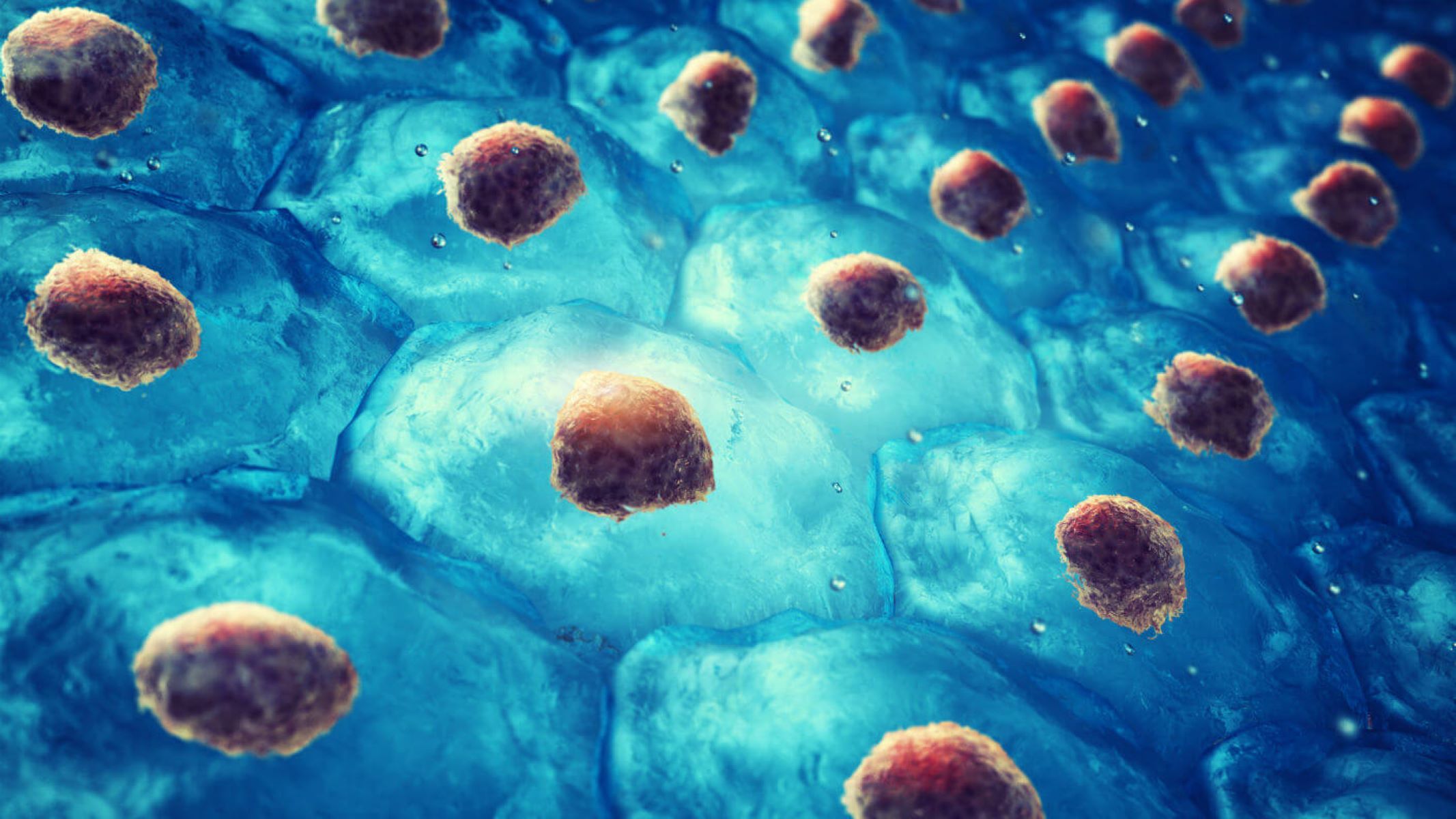
What is Havana Syndrome? Havana Syndrome is a mysterious condition affecting U.S. diplomats, intelligence officials, and military personnel worldwide. First reported in 2016 at the U.S. Embassy in Havana, Cuba, it has since spread to over 200 individuals in various countries, including Austria, China, and Russia. Symptoms range from severe headaches and dizziness to blurred vision and tinnitus. Despite extensive research, the exact cause remains unknown. Theories include directed radio-frequency energy, chemicals, and psychological factors. The U.S. government has taken steps to address the condition, including financial compensation and establishing a trauma registry. However, more research is needed to fully understand and treat this perplexing condition.
What is Havana Syndrome?
Havana Syndrome is a mysterious condition affecting U.S. diplomats, intelligence officials, and military personnel worldwide. It first emerged in 2016 in Havana, Cuba, and has since puzzled experts and the public alike. Here are 45 key facts to help you understand this perplexing phenomenon.
-
Name Origin: The condition is named after Havana, Cuba, where the first cases were reported in 2016.
-
Symptoms: Common symptoms include severe headaches, dizziness, blurred vision, tinnitus, vertigo, and cognitive impairment.
-
First Reports: The initial cases were among diplomats and CIA officers at the U.S. Embassy in Havana.
-
Global Spread: Cases have been reported in Austria, China, Colombia, Georgia, Germany, India, Poland, Russia, Vietnam, and the U.S.
-
Affected Groups: Primarily affects U.S. diplomatic, intelligence, and military officials, but also some National Safety Council staffers.
Symptoms and Variability
The symptoms of Havana Syndrome can vary widely, making it even more challenging to diagnose and treat. Some individuals experience debilitating conditions, while others have milder symptoms.
-
Variability in Symptoms: Symptoms range from severe cognitive impairment to milder issues like headaches and dizziness.
-
Loud Noises and Pressure: Some individuals report hearing loud noises or feeling pressure in their heads.
-
Cognitive Impairment: Severe cases can lead to significant cognitive issues, affecting daily life and work.
Theories and Investigations
Despite extensive research, the exact cause of Havana Syndrome remains unknown. Various theories have been proposed, from directed energy weapons to psychological factors.
-
Lack of Definitive Cause: No single cause has been identified, leading to numerous theories.
-
Directed Energy Weapons Theory: Some experts believe directed energy weapons could be a plausible cause.
-
Intelligence Community Investigation: In March 2023, five U.S. intelligence agencies concluded that environmental factors or conventional illnesses are more likely causes.
-
Socially Constructed Condition: Some argue that Havana Syndrome is a catch-all for various pre-existing conditions and stress reactions.
Government and Legislative Response
The U.S. government has taken steps to address Havana Syndrome, including financial compensation and establishing a trauma registry.
-
Government Response: Financial compensation and a trauma registry have been established for affected individuals.
-
Legislative Action: In October 2021, Congress passed a law authorizing financial compensation for victims.
-
Scientific Research: Studies by the National Academies of Science, Engineering, and Medicine, and JAMA have proposed various plausible attack vectors.
Media and Public Perception
Media coverage has significantly influenced public perception of Havana Syndrome, often leading to misinformation and moral panic.
-
Media Coverage Impact: Extensive media coverage has blurred the lines between fact and fiction.
-
Public Concern: The condition has sparked significant public concern and speculation.
-
Historical Parallels: Similar to past health scares like "railway spine" and "telephone sickness."
Scientific Skepticism and Controversies
The scientific community remains divided on the causes of Havana Syndrome, with some experts skeptical of the directed energy weapons theory.
-
Scientific Skepticism: Many scientists doubt the directed energy weapons theory.
-
Medical Controversies: Part of a broader category of medical controversies involving complex issues.
-
Environmental Factors: Some suggest chemicals or neurotoxins could be contributing factors, though evidence is lacking.
Healthcare Challenges and Support
Survivors of Havana Syndrome face significant challenges in accessing healthcare and support.
-
Healthcare Challenges: Survivors often struggle with inconsistent support and navigating the military health system.
-
Military Health System Delays: The Department of Defense has reported delays in providing care.
-
Care Coordination Cell: The DOD established a Care Coordination Cell to manage patient care.
-
Trauma Registry: A trauma registry collects data on treatments and outcomes, though participation is limited.
Ongoing Research and Future Directions
Ongoing research aims to uncover the true cause of Havana Syndrome and provide better care for those affected.
-
Scientific Literature Review: Studies propose various causes, including functional disorders and exposure to chemicals.
-
Expert Opinions: Experts like James Giordano suggest directed energy weapons could potentially cause the symptoms.
-
Historical Context: Part of a long history of health scares and moral panics.
-
Financial Compensation: Congress has authorized compensation for government victims.
-
Investigative Reports: Some reports suggest Russian military intelligence involvement, though evidence is speculative.
Conclusion of Current Understanding
While much remains unknown about Havana Syndrome, ongoing research and government efforts aim to provide clarity and support for those affected.
-
White House Statement: The White House Press Secretary stated that a foreign adversary is very unlikely to be responsible.
-
U.S. Senators' Call for Further Investigation: Several Senators have called for further investigations.
-
Victims' Lawyer Testimony: Mark Zaid, representing victims, testified at Congress.
-
CDC Report Redactions: Some material in the CDC report was redacted for medical privacy reasons.
-
NIC Report Conclusion on Foreign Adversary: The National Intelligence Council concluded a foreign adversary is very unlikely to be responsible.
-
Follow the Science: The lesson from Havana Syndrome is to follow the science and avoid speculative theories.
-
Symptom Variability: Symptoms can vary widely among individuals.
-
Environmental Factors: Some experts suggest environmental factors could be contributing to the symptoms.
-
Psychogenic Illness: Linked to psychogenic illness, where psychological factors contribute to physical symptoms.
-
Stress Reactions: Attributed to stress reactions, exacerbating pre-existing conditions.
-
Healthcare Challenges: Survivors face significant challenges in accessing healthcare.
-
Military Health System Delays: The DOD has reported delays in providing care.
-
Care Coordination Cell: Established to manage patient care.
-
Trauma Registry: Collects data on treatments and outcomes.
-
Patient Data Collection: Ensuring patients consent to sharing information is crucial for ongoing research.
Understanding Havana Syndrome
Havana Syndrome remains a puzzling condition affecting U.S. diplomats, intelligence officials, and military personnel worldwide. First reported in 2016 in Havana, Cuba, it has since spread globally, with symptoms like severe headaches, dizziness, and cognitive impairment. Despite extensive research, the exact cause is still unknown. Theories range from directed energy weapons to environmental factors and psychogenic illness. U.S. intelligence agencies suggest a mix of environmental factors and pre-existing conditions might be to blame. The U.S. government has taken steps to support affected individuals, including financial compensation and a trauma registry. However, more research is needed to fully understand this condition. The lesson here is to follow the science and avoid jumping to conclusions. Havana Syndrome is a complex issue that requires ongoing investigation and support for those affected.
Was this page helpful?
Our commitment to delivering trustworthy and engaging content is at the heart of what we do. Each fact on our site is contributed by real users like you, bringing a wealth of diverse insights and information. To ensure the highest standards of accuracy and reliability, our dedicated editors meticulously review each submission. This process guarantees that the facts we share are not only fascinating but also credible. Trust in our commitment to quality and authenticity as you explore and learn with us.


